HBO’s Watchmen isn’t the first screen adaptation of DC Comics’ critically acclaimed graphics novel of the same title. But it’s widely considered the best addition to the franchise that began with a creative team of English writers—Alan Moore, Dave Gibbons, and John Higgins. Zack Snyder’s 2009 film adaptation was a decent interpretation of the comic book limited series praised for deconstructing the superhero genre. However, Damon Lindelof’s take on the classic tale has enjoyed more applause from fans and critics.
The Lindelof-helmed superhero drama premiered on October 20, 2019, and ran for only nine episodes, which concluded on December 15, 2019. While there have been massive calls for another season, Lindelof insists the nine episodes are all he has for the franchise, at least for now. The stakes are high for a second season as Lindelof’s entry elevated the franchise, adding value to the Watchmen canon and the superhero genre at large. It won dozens of coveted awards, including 11 Emmys at the 72nd Primetime Emmy Awards. The following are five ways the HBO series purposeful redefined TV shows about superheroes.
1. Watchmen Didn’t Portray Its Characters As Superhumas
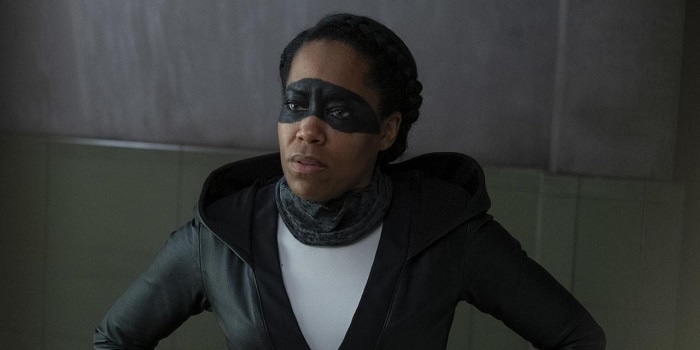
Unlike practically every other superhero TV show, the HBO limited series didn’t rely on characters with superhuman abilities to create and resolve conflicts. This allowed for a realistic superhero story akin to the Watchmen graphic novel with Dr. Manhattan as the only character with superpowers. Having the characters as masked humans without superpowers, the series stayed faithful to its source material while telling a new story set 34 years after the events of the graphic novel. Lindelof told Entertainment Weekly the absence of characters with superpowers enabled the series to shift its focus from deconstructing the superhero myth to asking psychological questions.
2. It Features An Ensemble Cast With Meaningful Character Arcs
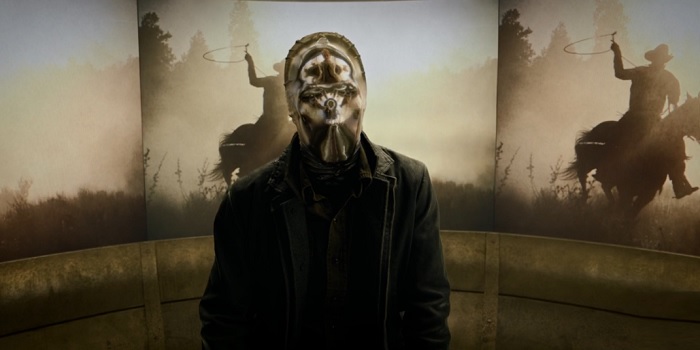
Watchmen stars Regina King, Yahya Abdul-Mateen II, Tom Mison, and Sara Vickers alongside Jeremy Irons, Andrew Howard, Louis Gossett Jr., and Jean Smart. The series’ ensemble cast engineered a dynamic storytelling that engaged viewers. Sharing the narrative spotlight among the cast ensured an intentional development of the characters throughout the story. This facilitated a broader range of themes and events for the series to explore, elevating the overall plot value of the series. Apart from the show’s lead actor, Regina King’s Angela Abar (Sister Night), the HBO series introduced other fascinating characters to the Watchmen universe, including Will Reeves (Louis Gossett Jr.) and Wade Tillman/Looking Glass (Tim Blake Nelson).
3. Watchmen Employed Relevant Cultural Context To Propel The Story
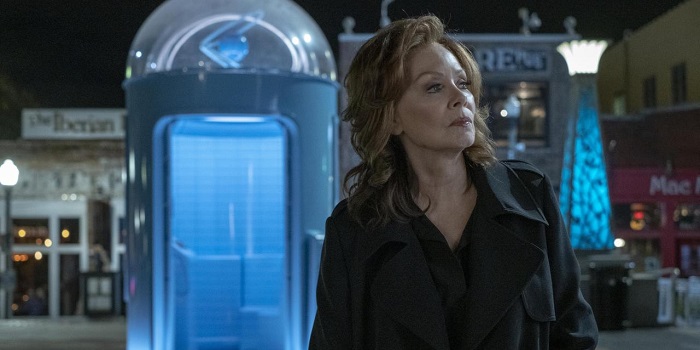
In addition to its variety of complex characters with ambitious arcs, Watchmen embellished its plotline with several cultural contexts to boost the narrative. Like the graphic novel, the series depicts an alternate history set in Tulsa, Oklahoma, and juxtaposed with the Tulsa race massacre of 1921. Utilizing the race massacre as a backdrop for its plotline, the series explored America’s history of racial injustice, raising thought-provoking questions about the effects of historical trauma on the present. From historical figures to music and what have you, the HBO show also deployed an array of pop cultural elements that draw viewers in, engaging them to follow and make sense of the story that unfolds.
4. The Series Addressed Several Tough and Relevant Topics
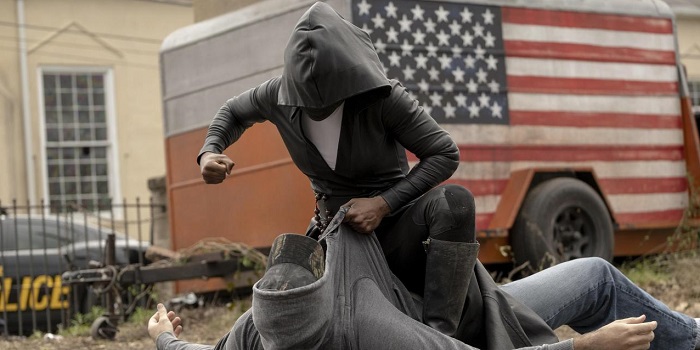
The superhero show was particularly lauded for bringing the Tulsa race massacre of 1921 to light. While the massacre is the highlight of the societal issues the series addressed, it hinges on the contemporary realities of racial strife in America. Watchmen extensively explored the country’s legacy of trauma, showcasing the long-lasting psychological impact of racial injustice and violence. Away from tackling racial tension and calling attention to systemic racism, the series dug into other tough and relevant issues. This ranges from the threats propaganda poses to society to the abuse of power, vigilantism, police brutality, PTSD, and white supremacy.
5. Watchmen Meaningfully Expanded The Superhero Franchise
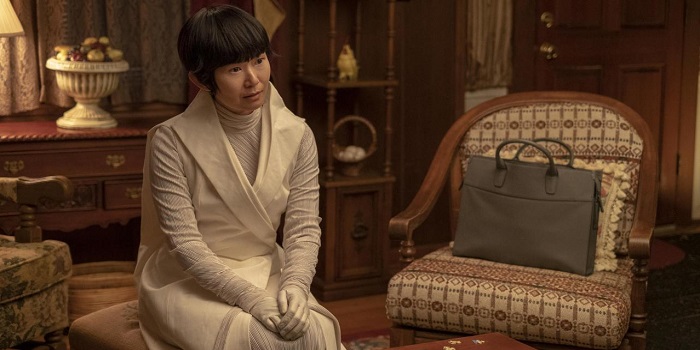
Having an independent story based on the original ideas of the Watchmen graphic novel is, perhaps, the most appealing factor about the HBO series. Instead of going for a reboot that retells the comic book story or creating a sequel that continues the old narrative, Damon Lindelof opted for a fresh, unique story he described as a remix of the comic series. With new characters and an obscure historical moment, Lindelof successfully expanded the Watchmen franchise with a compelling tale set in the same alternate history as the comic series. Check out the cast of HBO’s superhero series.
 Follow Us
Follow Us





